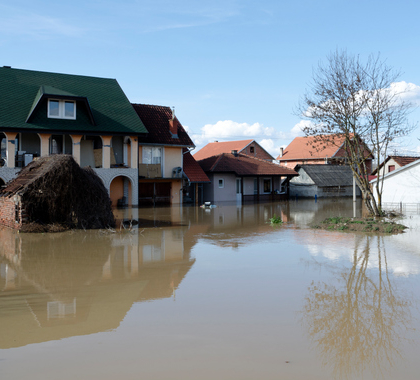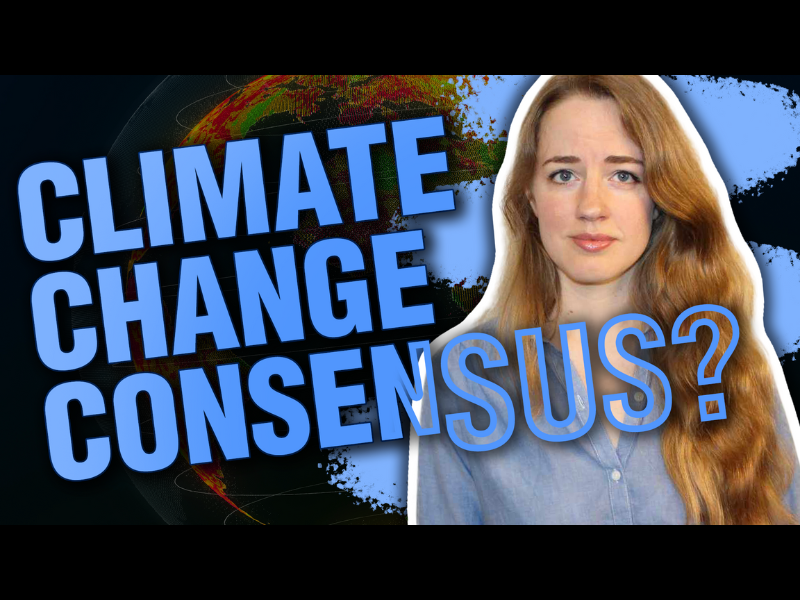New York City filed a lawsuit against the five largest private oil companies—BP, Chevron, Conoco-Phillips, ExxonMobil, and Royal Dutch Shell—claiming the oil and gas these companies have sold are contributing to destructive climate change.
New York’s lawsuit also argues these companies have known for some time about the dangerous consequences of climate change but have sought to obscure or downplay them.
“In this litigation, the City seeks to shift the costs of protecting the City from climate change impacts back onto the companies that have done nearly all they could to create this existential threat,” reads the lawsuit filed in U.S. District Court for the Southern District of New York.
Following California’s Lead
New York City’s lawsuit comes just a few months after several cities in California, including San Francisco and Oakland, filed similar litigation against the same companies.
In a statement announcing the lawsuits, San Francisco City Attorney Dennis Herrera said, “These fossil fuel companies profited handsomely for decades while knowing they were putting the fate of our cities at risk.”
In a petition filed in a federal court in Texas on January 5, Exxon responded to the cases from California by asking for permission to investigate the cities, including interviewing city officials, for “abuse of process” and “civil conspiracy,” arguing the lawsuit contradicts the cities’ prior actions and is essentially fraudulent.
Exxon’s petition says although these cities and towns warned “imminent sea level rise presented a substantial threat to [their] jurisdiction[s] … none of the municipalities disclosed to investors such risks” in their bond offerings.
For instance, Oakland’s lawsuit against the oil companies spells out specific consequences of climate change, saying by 2100 the city is likely to have up to “66 inches of sea level rise” with attendant flooding damaging the city’s sewer system and property at a cost possibly topping $38 billion. Exxon’s filing shows when Oakland submitted a multimillion dollar bond offering to investors in 2017, it said “the City is unable to predict when … sea rise or other impacts of climate change … could occur” or what their impacts on city property or the local economy might be.
‘What Hypocrisy!’
Businessman and engineer Steve Goreham, a policy advisor to The Heartland Institute, which publishes Environment & Climate News, says the cities suing the five oil giants would fall apart if they couldn’t use fossil fuels.
“New York City, San Francisco, Oakland, and other cities suing the oil industry would shut down in a single day without natural gas to heat, cool, and electrify businesses, government buildings, and homes, and without gasoline and diesel fuel to power cars and trucks,” Goreham said. “Each of the cities’ police, fire, and emergency vehicles burns gasoline they are suing the oil industry for selling.
“The cities and their residents use and need the products they are suing oil companies for delivering to them,” said Goreham. “What hypocrisy! These cities would resemble Third World villages were it not for fossil fuels.”
Fraudulent or Frivolous
Attorney and biostatistician Steve Milloy, publisher of JunkScience.com, who is also a policy advisor to The Heartland Institute, says New York’s lawsuit against oil companies is either fraudulent or frivolous.
“In a $200,000,000 bond New York City offered on September 26, 2017, the city disclosed nothing to its bond buyers about the risk of climate change—the word ‘climate’ does not even appear in the Memorandum of Offering,” Milloy said. “This is hypocritical if not fraudulent, since New York’s Exxon lawsuit claims climate damages will cost the city ‘many billions of dollars and far exceed the city’s resources.’
“It seems climate change is important to New York City when it is trying to shake down Big Oil, but not when they are trying to shake down investors,” said Milloy. “If New York City hasn’t committed securities fraud by failing to disclose material facts, in this case the risks of climate change, then they have filed a frivolous lawsuit. There is no third alternative.”
‘Ridiculous for Many Reasons’
Heartland Institute CEO Joseph Bast says New York’s lawsuit against the oil companies is flawed both legally and substantively.
“New York City’s January 9 lawsuit against oil companies is ridiculous for many reasons,” said Bast. “If climate change poses an existential threat to the city, why hasn’t it disclosed this in its bond offerings, not just recently but for years and decades past, since the city claims everyone knew climate change was ‘real’ and a major threat even in the early 1980s?
“Was the city part of a vast conspiracy to hide the truth about global warming, and if so, should investors who bought the city’s bonds in the past thirty years sue the city now for concealing known risks?” Bast asks. “I’ll leave it to lawyers to decide if this was a massive fraud committed by the City of New York against investors, or merely evidence of a frivolous legal complaint.”
‘Ideology, Not Real Science’
Bast says New York City’s lawsuit stands on shaky scientific ground as well.
“A quick read of New York’s legal filing reveals it is based on liberal ideology, not real science,” said Bast. “Nowhere in the complaint is the work of the Nongovernmental International Panel on Climate Change, Cato Institute, Heritage Foundation, or The Heartland Institute, which have demolished the United Nations reports and U.S. National Climate Assessments, cited or even mentioned in the lawsuit.
“Such an incomplete and misleading portrayal of the underlying science makes this complaint read like an editorial appearing in The New York Times, and not a serious legal document,” Bast said.
H. Sterling Burnett, Ph.D. ([email protected]) is a research fellow at The Heartland Institute.





